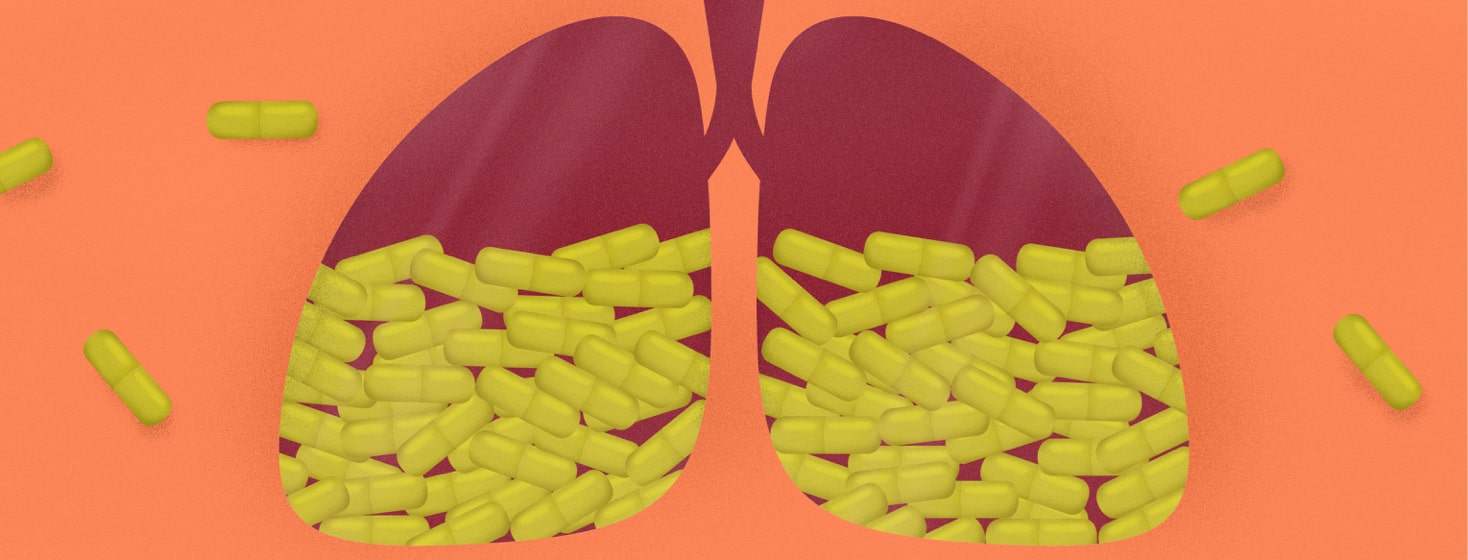Quercetin and Asthma
Walking through the vitamin and supplement section of a health food store can be a fascinating and educational experience. Sometimes I surprise myself when I realize there are certain vitamins and supplements I still have not heard of before, one of these being quercetin. I read an article somewhere that quercetin is a naturally occurring compound that is anti-inflammatory and can possibly help with asthma symptoms. I decided to dive into research and share what I found on the benefits of quercetin.1
What is quercetin?
Quercetin (pronounced kwur-seh-tn) is called a polyphenol flavonoid, and it gives some flowers, fruits, and vegetables their color. This compound is naturally in different amounts found in various fruits and vegetables, including berries, apples, onions, grapes, tea, and tomatoes. The highest concentration of quercetin is actually found in capers. This compound is extracted from these natural sources to create a supplement, which normally comes in pill form.1,2
Quercetin and its effects on asthma
There are a lot of claims and anecdotal evidence that exist in regards to supplements and asthma. There are so many in fact, that we will likely never be able to cover them all! However, there are quite a few supplements and herbal remedies that have been studied in clinical trials, like quercetin for example.
An article published in the Allergy, Asthma & Clinical Immunology Journal stated that quercetin has the potential to reduce neutrophil (neutrophils are associated with chronic airway narrowing) and eosinophil recruitment (eosinophils are a type of white blood cells in the body that can cause severe asthma if there are too many). Additionally, it may be able to reduce airway activity and mucus production, as well as assist in the management of allergic diseases like rhinitis.3
One study used ex vivo (out of the body) mice tracheas to analyze the effects of different concentrations of quercetin. The tracheas began to relax at a dose of 1 μM quercetin, and fully relaxed at 1 mM dose quercetin. This is promising information, but this study has not been replicated in the human body.2
A few other theories exist regarding quercetin, such as being able to have an anti-inflammatory and antihistamine effect. This is due to its ability to stabilize cells that release histamine. This has so far been demonstrated in test tubes, but again, not in the human body.1,3
My takeaway
According to several articles and studies, quercetin appears to be a harmless supplement with little to no side effects that may have the potential to reduce airway activity and mucus production. However, if you have kidney damage or disease, or are pregnant or breastfeeding, it is recommended that you avoid taking this supplement.1
As always, we highly recommend consulting your doctor before adding a new supplement to your diet. Most supplements are safe, but it is important to figure out if they have any interactions with your current medications. It can also be challenging to figure out what dose of certain supplements is appropriate for your body, and this is something you can discuss with your doctor/medical team.

Join the conversation